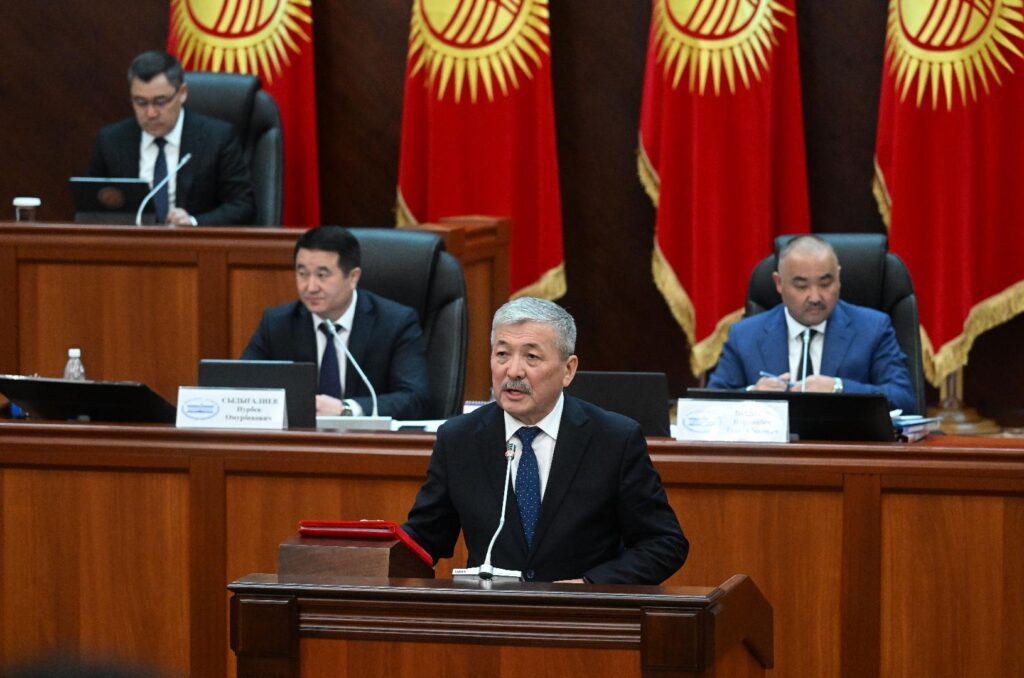From 2026, transboundary carbon regulations will be imposed on European Union countries. The introduction of a new EU carbon tax will also affect export of products from Kazakhstan .
After the transition period, which began on January 1st 2024 and will run until the end of 2026, payment will be increased on emissions.
Following discussions at a seminar for Kazakhstan’s industrial exporters on March 15th, the Kazakh Ministry of Trade and Integration reported that the new legislation will affect six industrial sectors including the production of ferrous metals and aluminum, cement, fertilizers, hydrogen, and electricity.
Nurlan Kulbatyrov, Deputy Director General of QazTrade JSC stated that since Kazakhstan has an Enhanced Partnership and Cooperation Agreement with the EU, the country will be impacted by both the EU Green Deal and carbon border adjustment tax. To prepare for the changes, he reported that since last year, QazTrade, in collaboration with the Ministry of Trade and Integration, has been conducting awareness-raising activities on carbon taxation for export-oriented companies.
An expert from the European Commission explained that cross-border regulation will mainly affect sectors associated with iron, steel and aluminum, which accounted for between 0.8 – 0.9% of Kazakhstan’s total exports to the EU in 2022. EU countries currently account for 39% of Kazakhstan’s exports, including oil, petroleum products, ferroalloys, coal, uranium and wheat. In 2023, Kazakhstan exported goods valued at $41.4 billion to the EU, including $388 million worth of carbon-intensive products.
In the first phase, industrial enterprises will be required to submit quarterly reports to the European Commission comprising data on export volumes, greenhouse gas emissions connected to production and quotas used. After 2025, carbon regulation will come into force, and free quotas gradually levelled out. Charges will initially target direct emissions, but could later be extended to other sectors with risks of carbon leakage, such as oil refineries and chemical plants.
Ainur Amirbekova, Director of the International Integration Department of QazTrade JSC, added that the introduction of a carbon tax by EU countries will inevitably affect the cost of Kazakhstan’s exports, and thus heighten competition. Since rising prices could potentially close markets for particular goods, Kazakh enterprises have been forewarned to address both decarbonization and the transition to alternative technologies as soon as possible.









